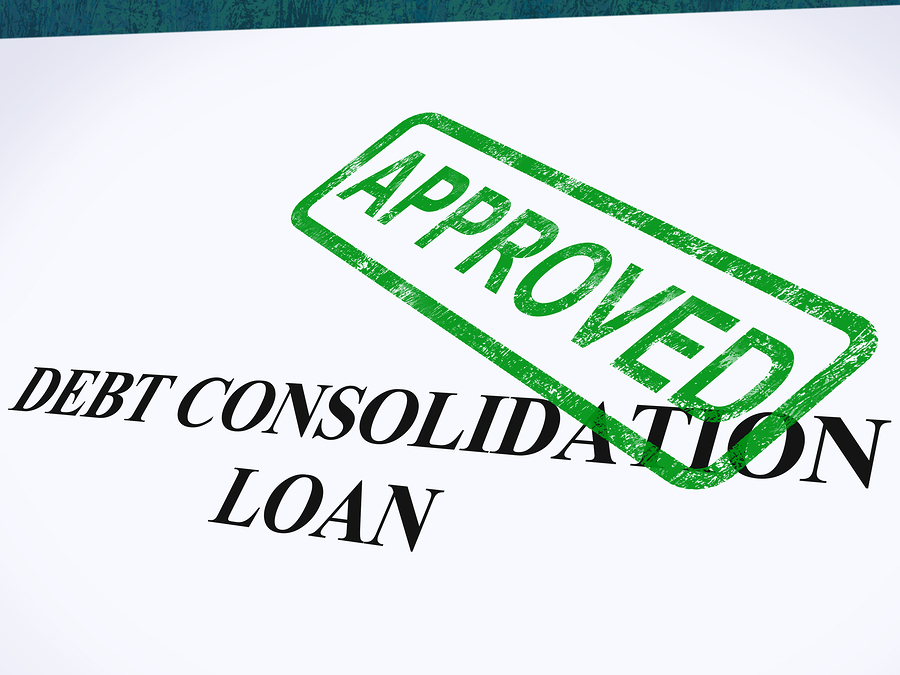Debt consolidation is exactly what it sounds like: you use one loan to pay off multiple loans, thus leaving you with a single monthly payment that is easier to manage.
Many people confuse debt consolidation and debt settlement. With consolidation, you’re paying all your debt in full, without any negative impact on your finances or credit score.
Conversely, debt settlement is when the lender agrees for you to pay less than what you owe, which can result in a negative impact on your credit.
Common Types of Debt Consolidation
There is more than one form of debt consolidation, all of which have distinct pros and cons:
- Balance transfer credit card
- Home equity line of credit or home equity loan
- Personal loan
It’s imperative to learn more about each form of debt consolidation, as no two work in the exact same manner.
Balance Transfer Credit Card
If you have multiple credit cards with a balance, you can use a balance transfer offer to consolidate your debt.
Most balance transfer credit cards have a one to three percent fee, which is calculated by the total value of the debt you’re consolidating. For example, if you’re consolidating $20,000 in debt, a three percent fee equals $600.
Even with this fee, the ability to manage one credit card account and payment, as opposed to several, will make your life much easier.
Home Equity Loan, Home Equity Line of Credit
With this, you’re using the equity in your home to consolidate your debt.
Take for example someone with $50,000 in debt, spread across several credit cards and personal loans.
If you qualify for a $50,000 home equity loan or line of credit, you can use it to bring all your debt under one roof.
Not only does this help manage your debt, but it also saves you money on interest.
The primary downfall of this approach is that you’re putting your house up as collateral. If you don’t make payments as outlined in the terms and conditions, your home can be repossessed.
Personal Loan
A personal loan is an unsecured loan, meaning that no collateral (such as your home) is required.
Many people prefer this option because they aren’t taking any risk in regards to using a valuable asset as collateral.
However, since there is no collateral in place, the lender is taking a bigger risk. This is why the interest rate associated with a personal loan is typically higher than a home equity loan.
Note: it’s more difficult to obtain an unsecured loan with poor or average credit, as lenders don’t want to take on a bigger risk of non-payment.
A Positive Impact on Your Finances, Mindset
In an overall sense, there are three benefits of debt consolidation:
- The ability to bring some or all of your debt under one roof
- Opportunity to save money on monthly interest charges
- Emotional relief, since you no longer have to track and manage multiple payments
If you’re bogged down by debt associated with multiple loans and/or credit cards, learn more about debt consolidation and the process you can follow to get started.
You may come to find that a balance transfer credit card, personal loan, or home equity loan is exactly what you need to regain control of your finances.


Related Posts :
Top Sources for Debt Consolidation LoansThe Top Benefits of Debt Consolidation and How to do It
How to Make Debt Consolidation Work for You
Interested in Debt Consolidation? Answer These Questions
What are the Benefits of Debt Consolidation?